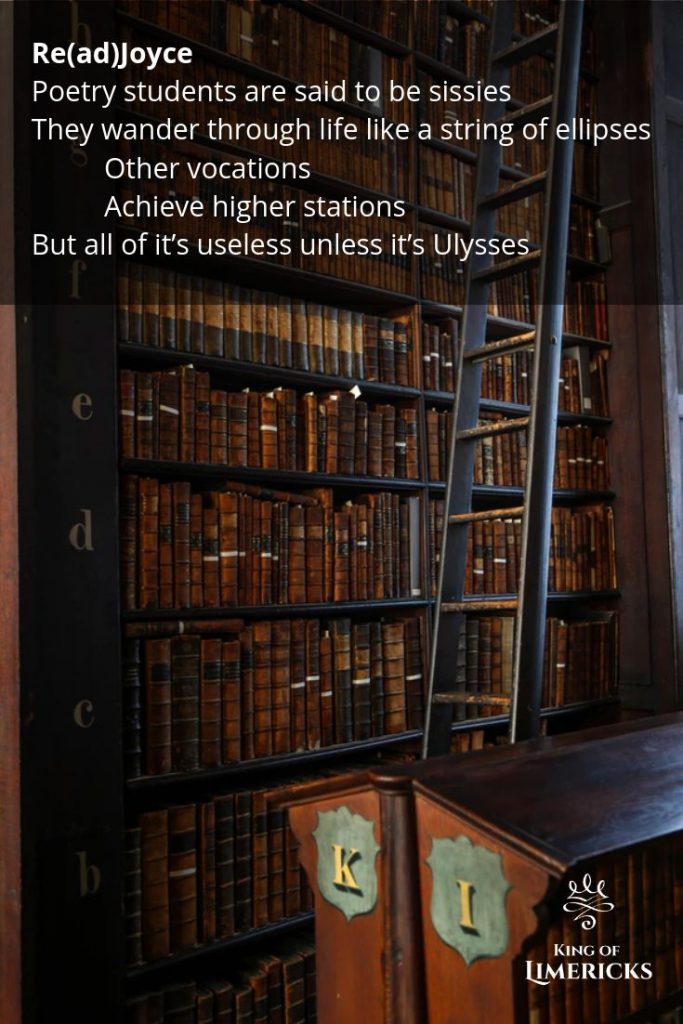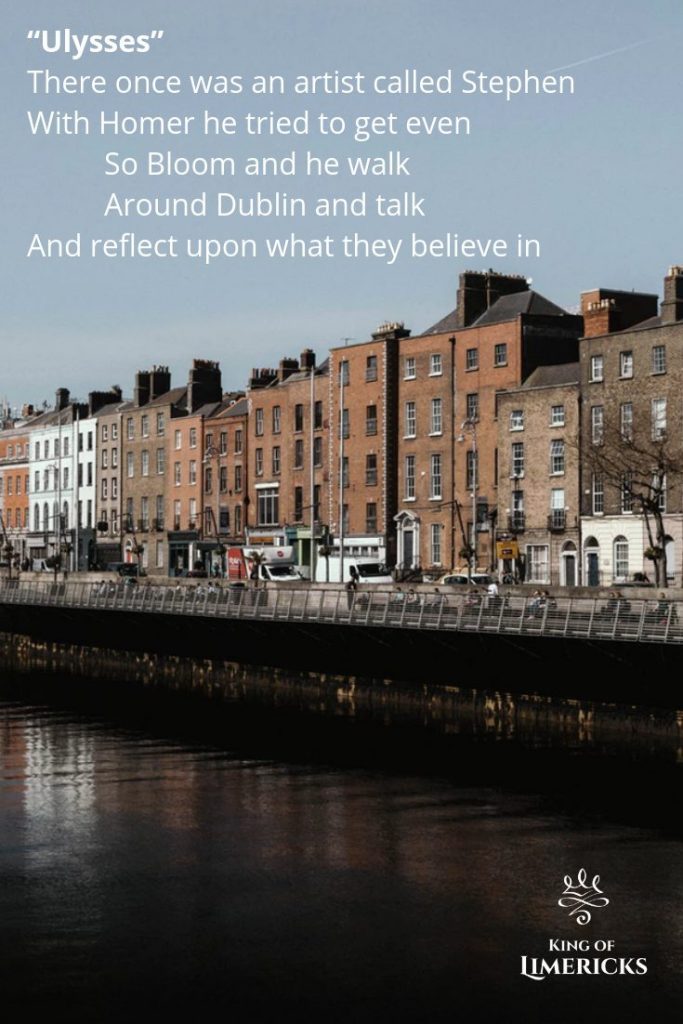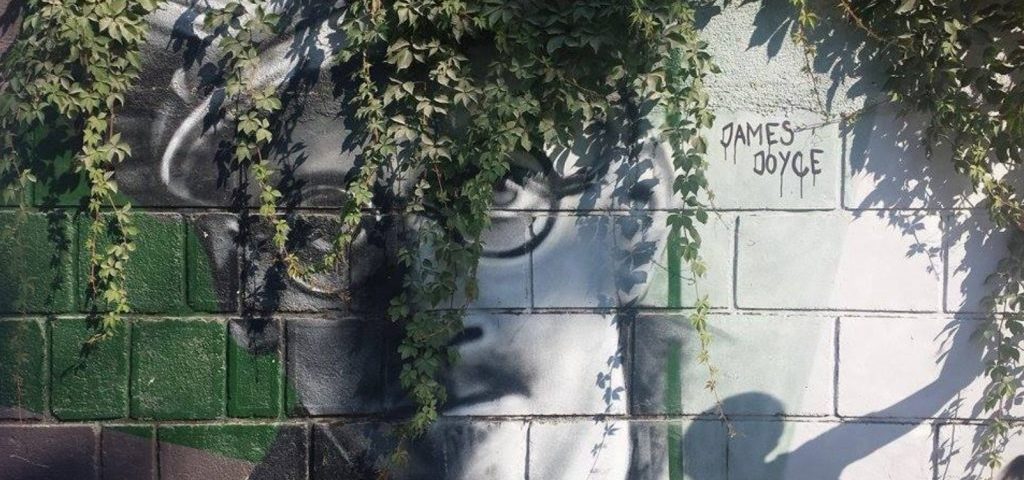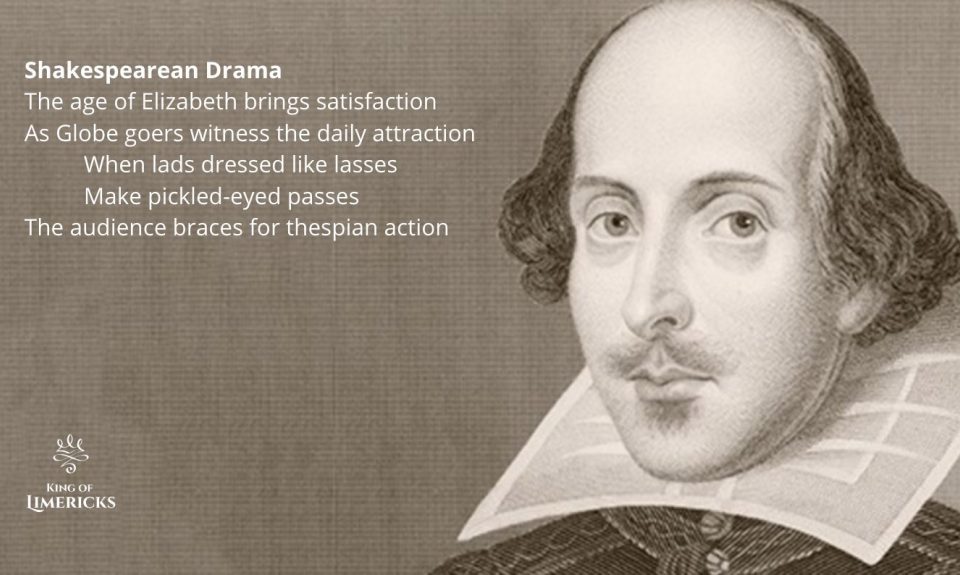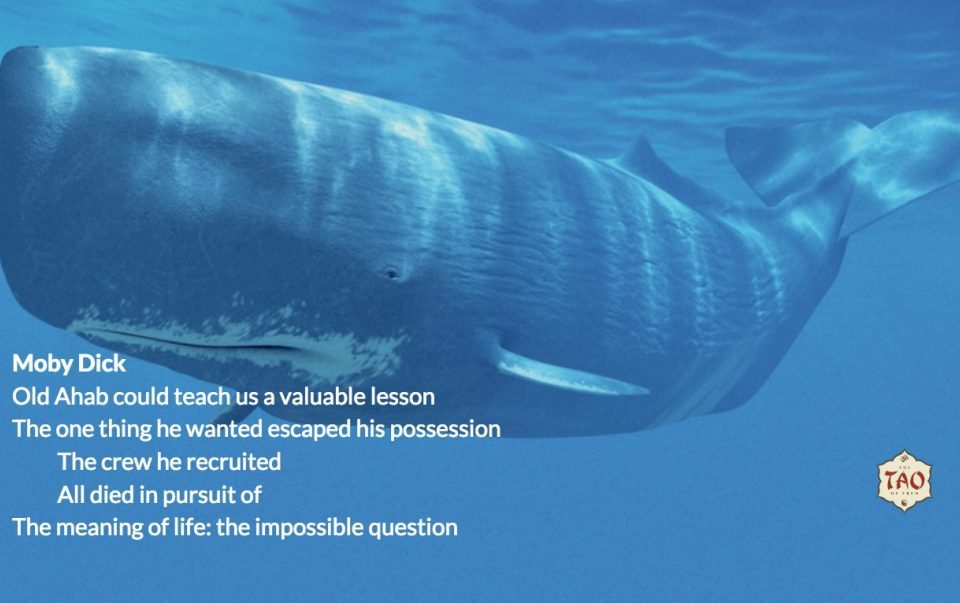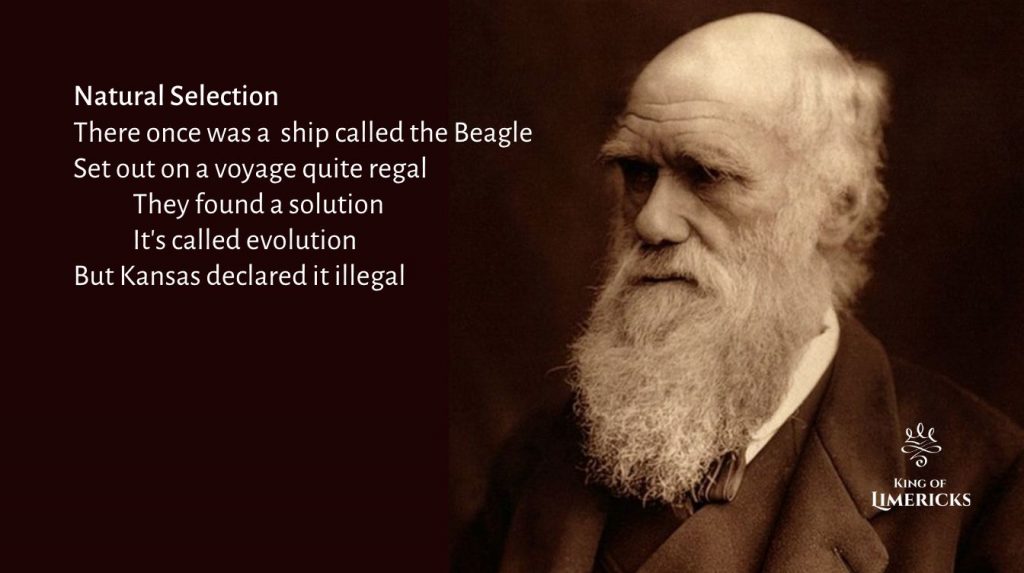
What is a Limerick and how do I write one?
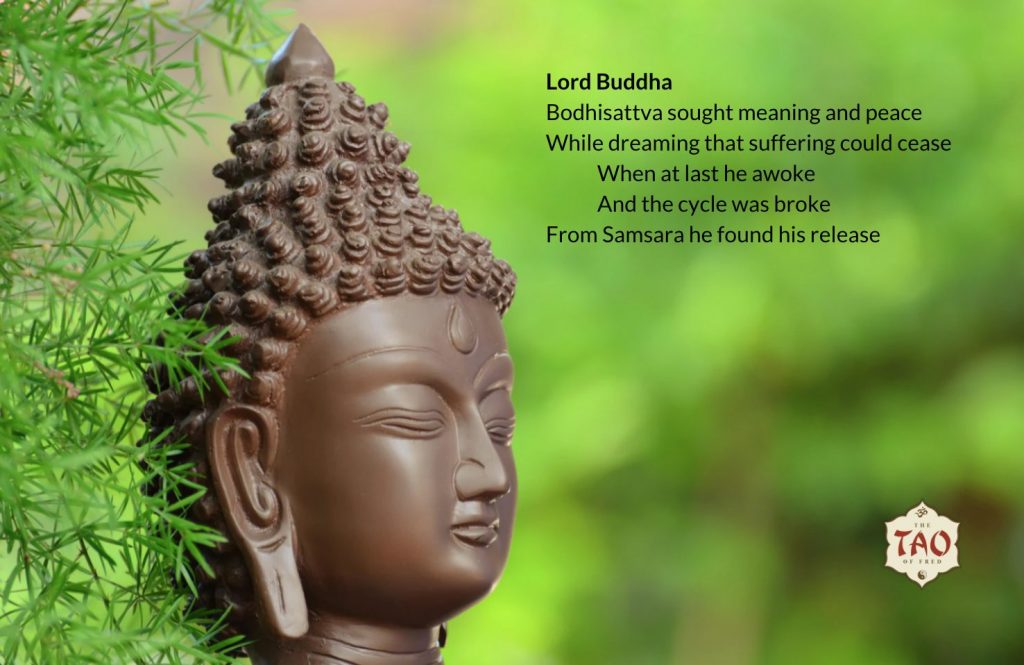
Mindful Limericks about Buddha and Buddhism
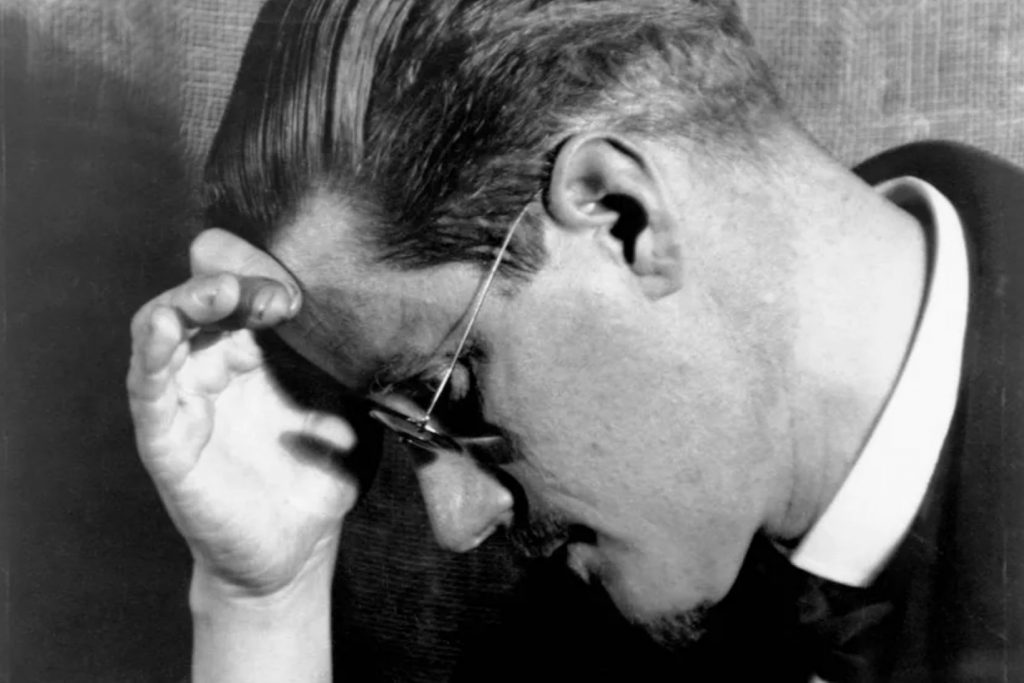
Part of what got me into writing limericks was reading James Joyce, and immersing myself for nearly a year in his masterpiece of high modernism, Ulysses. Many consider him the greatest novelist of the twentieth century, certainly the quintessential author of Ireland. And though it may be a misnomer, most of us associate the limerick with all things Irish.
Either way, Joyce had a knack for limericks, and I had a fascination with all things Joycean. At one time, you might have described my relationship with his opus as an obsession.
Re(ad)Joyce
Poetry students are said to be sissies
They wander through life like a string of ellipses
Other vocations
Achieve higher stations
But all of it’s useless unless it’s Ulysses
I spent a good many months tossing the vast and oftentimes impenetrable work about in my mind. Pulling it apart bit by bit, episode by episode, I slowly arrived at the realization that I could compose a concise synopsis, one that Joyce himself might even approve of, if he had an approving bone in his body.
My plan was to translate each of the novel’s 18 astonishing episodes into a quick and playful—yet also sharp and insightful—five line limerick.
About the novel, Ulysses
First a bit of background on this often-talked-about but less-often-read literary leviathan.
“Ulysses”
There once was an artist called Stephen
With Homer he tried to get even
So Bloom and he walk
Around Dublin and talk
And reflect upon what they believe in
Joyce based his self-consciously epic novel around the structure of Homer’s Odyssey. Ulysses contains 18 distinct episodes, each thematically corresponding to a specific episode of the Greek epic.
More than that, Joyce presents each episode in a unique narrative form and voice. And for the real geeks, there are elaborate charts to explain how each episode correlates to a certain part of the body, a specific color, and on and on. Scholars have also delighted over Joyce’s use of animal symbolism in the novel. The layers of this onion never seem to end.
And yet the setting is simple. And time in Ulysses is truly of another essence. The entire novel takes place on a single day, the 16th of June 1904, without a single character ever stepping foot outside of Dublin.
Ulysses retold with Limericks
Telemachus (episode 1)
It starts with a portion of prose
From “A Portrait” our character rose
A maker of mazes
His thoughts take us places
Like the Liffey his monologue flows
The novel’s protagonist, Stephen Daedalus , first appeared to readers in Joyce’s lighter novel, A Portrait of the Artist as a Young Man. His name, Daedalus, comes from the master inventor of Greek myth, the one who built the labyrinth for the notorious Minotaur. The city of Dublin sits on the banks of the river Liffey.
Nestor (episode 2)
At school young Stephen is teaching
And into the past he is reaching
By his’try they’re bound
To a king and his crown
And a Pope who’s incessantly preaching
Part two finds us in history class, where Stephen mulls over the fact that he is tied to two masters. Ireland still belonged to Britain at that time, and unlike the British, the Irish were a devoutly Catholic race.
Proteus (episode 3)
Introducing the Protean mind
Streaming with thoughts of all kind
The king can change shapes
As our hero escapes
On a quest for a woman who’s kind
Episode three takes us on a long thoughtful walk with Stephen, whose mind wanders far beyond the streets of Dublin, into the realms of love and life and death.
Calypso (episode 4)
Calypso is leading a life of seduction
As Leopold seldom attempts reproduction
Their home goes to Blazes
While Bloom simply gazes
At maidens who gaily portend his destruction
Here we meet Stephens counterpart, a middle-aged, cuckolded, Jewish advertising salesman named Bloom. He has strong reason to suspect that his wife is having an affair with Blazes Boylan, and we have reason to believe that Bloom himself might also be unfaithful.
Lotus Eaters (episode 5)
Naughty Miss Martha she beckoned
For Henry was lonely she reckoned
But when she comes calling
He can’t help from falling
Some thirty-two Bloom feet per second
In part five, Bloom strolls about the city, running errands and ruminating over a cryptic love note in his pocket. As his mind wanders, it keeps circling back around various leitmotifs, including the acceleration of falling bodies.
Hades (episode 6)
In Hades his thoughts grow nightmarish
On the losses of loved ones we cherish
Of Rudy’s young face
And father’s disgrace
Each day umpteen thousand more perish
A trip to the cemetery for the funeral of a friend forces Bloom to think long and hard about mortality. He remembers his son Rudy who died much too young, and his father’s suicide, which brought a cloud of shame over the family.
Aeolus (episode 7)
There’s a paper where men shoot the breeze
Blowing steam over Mad Cow’s Disease
Home Rule is one topic
On which they’re myopic
For our heroes have both lost their keys
Part seven takes place at the newspaper office, and Aeolus is all about wind, which includes all manner of hot air and flatulence. The newspaper men argue over the hot topics of the day including Mad Cow’s Disease and Home Rule (Irish independence from Britain). While Stephen realizes that he left home without his house key, Bloom seems to have lost a customer by the name of Keyes.
Lestrygonians (episode 8)
There was an old Hebrew in search of a bite
In the lunchroom he witnessed a sickening sight
With the animals feeding
He felt like excreting
But a sandwich he managed to eat with delight
Meals are always something of a spectacle in the novel, as is most every bodily function you can imagine. Distracted by his own elaborate stream of consciousness, Bloom barely notices the ill-mannered chaos all around him.
Scylla & Charybdis (episode 9)
Now Stephen’s reasons seem so circumstantial
Prince Hamlet distracts him from problems financial
In a sharp dialectic
And a voice apoplectic
He maintains that the actors are all consubstantial
At the library Stephen argues with his classmates about art, economics, theology, and rather famously, “He proves by algebra that Hamlet’s grandson is Shakespeare’s grandfather and that he himself is the ghost of his own father.”
Wandering Rocks (episode 10)
Inverts and adverts and throwaway sheets
The minions meander through mazes and streets
A priest on parade
A state cavalcade
The double-edged spoon from which Ireland eats
Part ten leads us on a long and meandering walking tour of Dublin, and the novel begins to take a definite turn for the abstruse.
Sirens (episode 11)
A hero hears voices out over the oceans
While sirens fill glasses with succulent potions
His eardrum it pounds
With sonorous sounds
And somewhere a street girl seductively motions
In this episode devoted to music, we are reminded of Odysseus when he was tied to the mast trying to resist the call of those sinister seductresses.
Cyclops (episode 12)
I once knew a man who was prone to eruption
Lashing about at the eye of destruction
Exalting his land
Libation in hand
Then blinded by no man with no introduction
The mighty cyclops here takes the shape of narrow minded, outspoken, heavy drinking Irishman. Like the ancient Greek cyclops, this one is taken down by a man named no-man.
Nausicaa (episode 13)
O’er the sea sinks the sun with contrition
To be watching alone is the human condition
Like a rock on the sand
Honeymoon in the hand
Sowing seeds with no chance of fruition
In part 13, we are treated to one of the novel’s three incidents of masturbation, this time when Bloom covertly spies a good-looking girl on the beach.
Oxen of the Sun (episode 14)
There was a commotion in yon House of Horne
By three days of labor a mother was torn
While gentlemen waiting
Delivered words so degrading
The god-possibled soul of a new boy was born
This arduous case of childbirth brings us some of the most tortured prose in the whole mind-twisting novel. Thank goodness maternity wards aren’t what they used to be, but this might be part of why I wanted my kids to be born at home with a midwife.
Circe #1 (episode 15)
A vision at midnight by magic affected
But Bloom’s black potato is bound to correct it
Like a morsel of moly
To reverse the unholy
The remedy found where you least would expect it
Circe #2
Our pig-headed heroes wind up at Miss Bello’s
One of the district’s most fetching bordellos
Where spirits might render
Delusions of splendor
Finally conjoining these two wayward fellows
Circe #3
Stubbornly Stephen’s extending his nerve
“Non Serviam” he will duly observe
While Bloom takes a bow
Like a suckling sow
The artist announces that he will not serve
By far the longest episode in the novel, Circe brings our two heroes, Stephen and Bloom, together at a house of ill-repute after a long night of drinking. Homer’s Circe turned Odysseus men into swine, and these working girls conduct something of a black mass. After several hundred pages of thoughtful deliberation, Stephen Daedalus finally and definitively affirms his rejection of authority, of church, state and family.
Eumaeus (episode 16)
In the wee early hours their congress occurs
Perfectly sober Bloom sorely infers
That Stephen’s been euchered
Forsaken and suckered
And therefore he (Bloom) at this treason demurs
With a touch of compassion, Bloom leads the wounded Daedalus back to his home on Eccles Street, and tries nursing him back to life, or at least back to sobriety.
Ithaca (episode 17)
How shall this hero extinguish his passion?
With questions all posed in fastidious fashion
Then where does he head?
But straight for the bed
Right back to the womb and the voice of compassion
Narrated completely in Q & A format, this is the hero’s return to Ithaca, the coming home. He must ask himself if his wife has been faithful, if it matters either way, if life is worth living, and hundreds of other more or less mundane question.
Penelope (episode 18)
While fleshing things out at their Eccles address
Erupting with feelings she needs to express
She wonders half sleeping
Is Poldy worth keeping?
And answers in estrous emphatically Yes
Finally Leopold Bloom crawls back and into bed with his wife Molly. The question of fidelity remains, but the couple seems willing to move forward regardless. The novel concludes with a rapturous 40-page stream of consciousness by the female voice, ending at last with an explosive, life-affirming, and seemingly self-induced orgasm: “…yes I said yes I will Yes.” Talk about a happy ending.
Further Reading
If you liked these limericks about James Joyce, you’ll be sure to enjoy :
- Limericks about Shakespeare
- Limericks about Dostoyevsky
- Limericks about Moby Dick
- Limericks about Art History
- Limericks about German Philosophy
- Limericks about Me and My Limericks
- Edward Lear and the origin of Limericks
- What is a Limerick?
